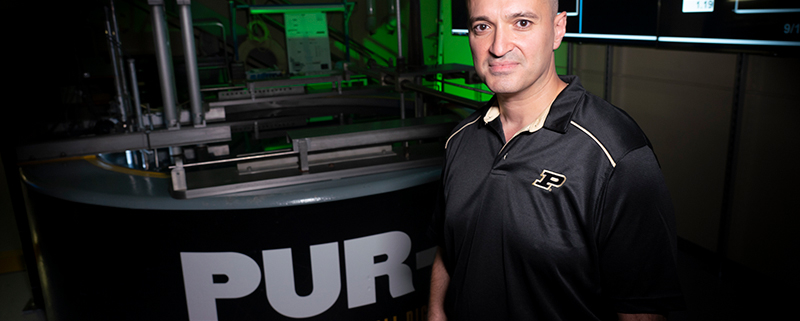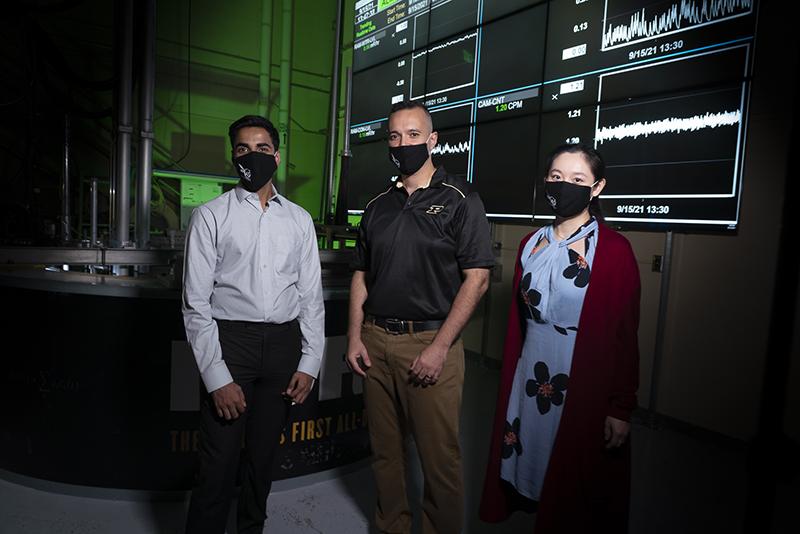Computer Hacking Challenge To Educate That We Can All Ward Off And Completely Impede Cyber Data Crimes
(MENAFN– EIN Presswire)
Excelitte Logo2
Computer Hacking challenge above was put out about three months ago and after an average of 150 weekly brute-force hacking attempts, no one has succeeded.
We are now in the era of generating, capturing, and storing large volumes of sensitive data, cybersecurity at the Data layer is the only 100% guaranteed approach that will impede Cyber Data Crime.”” – Valentine WatsBRISBANE, QUEENSLAND, AUSTRALIA, October 12, 2023 /EINPresswire / — Hidden either in an Excelitte encrypted file or in the Excelitte database are some random text/numbers that will be referred to as Secret text waiting to be exposed for 10,000 US Dollars.
Anyone able to retrieve this 72-character line text and send it to us – () will automatically be paid $10,000 transferred to any designated bank account or bitcoin wallet.
A simple question that requires an answer to be provided has also been included to also prove that a person or persons has gained access to the secret text.
To win the challenge details such as the device name, file location or database type, and name from where the secret text was retrieved will need to be provided
There is a 100% conviction that it can’t be done, but in the unlikely event that anyone succeeds in exposing the text data, Excelitte will also pursue a working arrangement with such an individual provided he or she is not on any security services wanted list globally.
It has now been over three months since this challenge above was publicised and after an average of 150 weekly brute force hacking attempts, no person or entity has been able to breach our IT infrastructure.
If an IT network is breached, Excelitte serves as a last line of defence for all data and provides a 100% guarantee that your data can’t be viewed, or ‘ransomwared’ by unauthorised persons.
Excelitte also will use Predictive Analytics – Artificial Intelligence/Machine Learning precepts and probability Scoring to pre-empt, defend against all cyber-attacks and take offensive action as necessary.
Want to know more? Visit .
Follow us on LinkedIn:
Team Excelitte
Excelitte
email us here
Visit us on social media:
LinkedIn
Excelitte 3D video…





